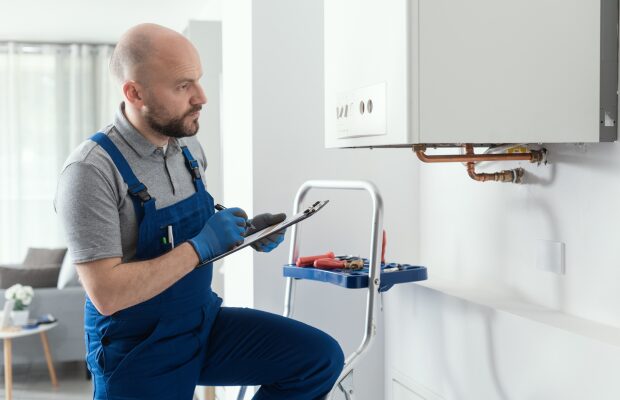There’s a lot to consider when buying a property for the first time – and one of those considerations is whether or not to utilise the government’s various Help to Buy schemes. But where do you start with Help to Buy, are you eligible and how do you apply?
We’ve put all that information below in one handy Help to Buy guide…
What is the Help to Buy scheme?
Help to Buy is a government scheme first introduced in 2013 and aimed at assisting first-time buyers with purchasing a home.
Since then, there have been several schemes available to buyers including:
• The Help to Buy equity loan
• The Help to Buy ISA
• Shared Ownership
The Help to Buy ISA closed to new applications in November 2019, but those with accounts opened prior to that can continue to save into them until November 2029.
With a Help to Buy ISA, the government will boost your property deposit savings by 25% up to a maximum of £3,000.
The only schemes currently still available to buyers are the equity loan and Shared Ownership options.
Help to Buy equity loans
Help to Buy equity loans are the most popular Help to Buy scheme available.
In fact, between April 2013 when Help to Buy launched and June 2020, almost 280,000 properties have been bought with equity loans.
How a Help to Buy equity loan works
Help to Buy equity loans see the government loan you 20% of your property’s purchase price as a deposit (40% in London).
You then put in 5% as a deposit of your own and the other 75% is funded through a repayment mortgage (55% in London).
The amount you borrow is based on a share of your property’s value, so if it goes up in value, your equity loan is worth more and if it goes down, your loan is worth less. The term of an equity loan is 25 years, and it must be paid back either by the end of that term or when you sell your property.
You can also pay it back in 10% chunks at any time, based on the value of your property at that time.
So, let’s say you take out a 20% equity loan of £30,000 on a property costing £150,000.
You then want to pay back 10% but your property’s value has increased to £170,000.
The 10% you pay back would be £17,000 due to the revised value – rather than £15,000 when you first took out the loan.
Help to Buy equity loans are interest free for the first five years.
What happens after five years with a Help to Buy equity loan?
You start paying interest on your equity loan from year six.
The interest rate you pay is 1.75% and this rises by the Retail Price Index plus 2% each year thereafter.
Your payments only cover the loan’s interest and don’t contribute to you paying off the loan itself.
Am I eligible for a Help to Buy equity loan?
To be eligible for a Help to Buy equity loan under the current version of the scheme, you must:
• Be a first-time buyer
• Have never owned a property in the UK or abroad
• Both be first-time buyers if buying with another person
The property you buy must be a new-build and its purchase price must fall within the regional price cap where you’re buying.
The price caps are:
• North East England, £186,100
• North West England, £224,400
• Yorkshire and the Humber, £228,100
• East Midlands, £261,900
• West Midlands, £255,600
• East of England, £407,400
• London, £600,000
• South East, £437,600
• South West, £349,000
Shared Ownership
Shared Ownership is another option under the Help to Buy umbrella.
What is Shared Ownership and how does it work?
Shared Ownership sees you purchase a percentage share in a property of between 25% and 75% and then pay rent on the remaining share.
You can then purchase a bigger share at any time, which is known as ‘staircasing’, eventually owing 100% of your property if you wish.
Shared Ownership: Key facts
• Shared Ownership properties are new-builds, or re-sold Shared Ownership properties through housing associations
• Shared Ownership properties are always leasehold
• Your Housing Association calculates your rent due on their share
• You may only be able to ‘staircase’ in increments of 5% or 10% depending on your Housing Association’s rules
Am I eligible for Shared Ownership?
To be eligible for Shared Ownership, you must:
• Be a first-time buyer, or a previous homeowner who can no longer afford to buy a property using a regular mortgage and deposit
• Have a household income of less than £80,000 outside of London, or less than £90,000 in London
How to apply for Help to Buy or Shared Ownership
To apply for Help to Buy, find your local agent, who will be able to run through your options.
Further reading…
If you’re thinking about buying a new property in 2021, through Help to Buy or not, take a look at our home essentials guide.
We’ve also outlined some key things to look out for when viewing properties to buy and if you’re thinking of buying at auction, our guide can help.







